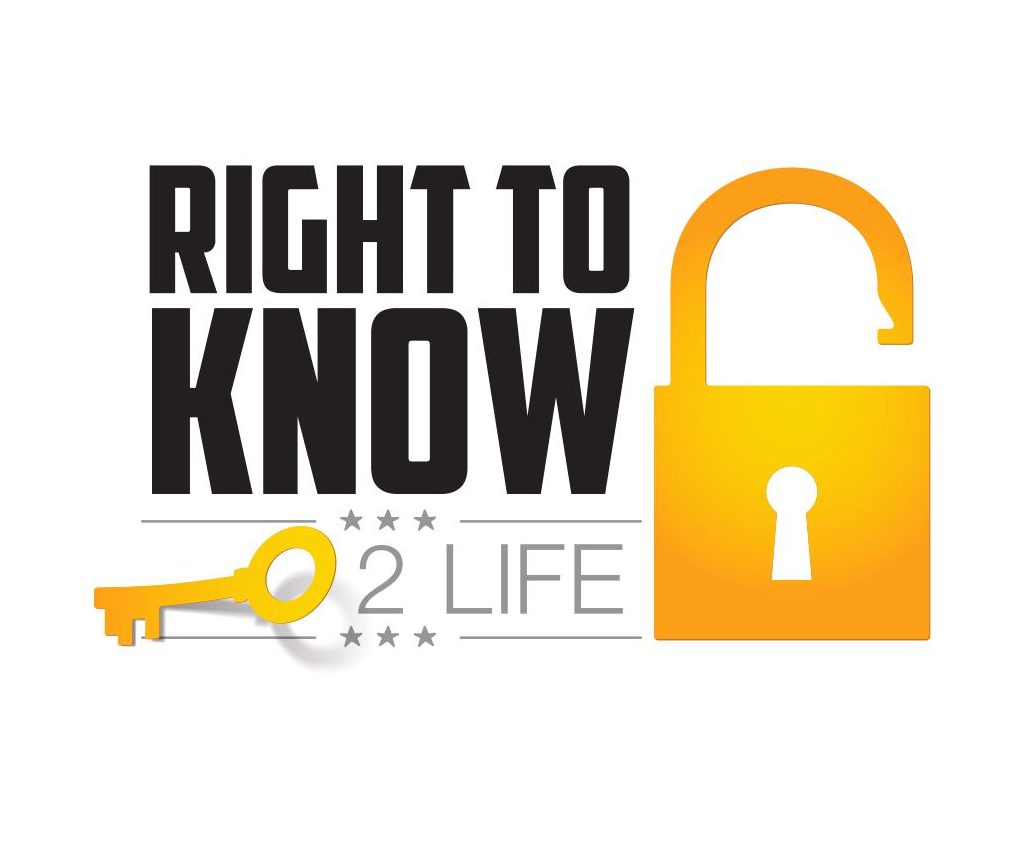The Access to Information and Protection of Privacy Act (AIPPA) takes away more than it is supposed to give in the exercise of the right to information.
In its pre-amble, the Act states it will provide members of the public with a right of access to records and information held by public bodies.
However, the opposite is true.
Under AIPPA, applicants seeking records or information held by a public body should request the information in writing as provided by Section 6 and where possible pay a reasonable fee as contemplated by Section 7 of the Act.
Section 5 of AIPPA provides for the right to information and more specifically stipulates the following:
(1) Subject to section ten, every person shall have a right of access to any record, including a record containing personal information, that is in the custody or under the control of a public body: Provided that such access shall not extend to excluded information.
(2) Where information can be extracted from a record that contains excluded information, an applicant may have access to the part of the record that is not excluded information.
In circumstances where a written request for information has been made in terms of Section 6, then the head of the public body shall be obliged to respond to the request outlining the following:
(a) whether or not he is entitled to access to the record or a part of the record; and
(b) the place where, time when and manner in which such access will be given.
(2) Where the head of a public body refuses access to a record or part of a record, he shall inform the applicant of the reasons thereof.
While seemingly straightforward, the Act makes it difficult for one to easily access information. For example, the head of the public body is given up to 30 days to respond according to Section 8 (1). But this can still be extended by an additional 30 days.
Further, the head of the public body may refuse to grant the requested information where it is deemed the information sought is not in the public interest.
This is way off the 21-day limit provided by Section 15 of the African Commission on Human and Peoples’ Rights’ Model Law on Access to Information.
In this context, AIPPA acts as an impediment to access to information as opposed to fostering the spirit of openness and transparency within public bodies.









